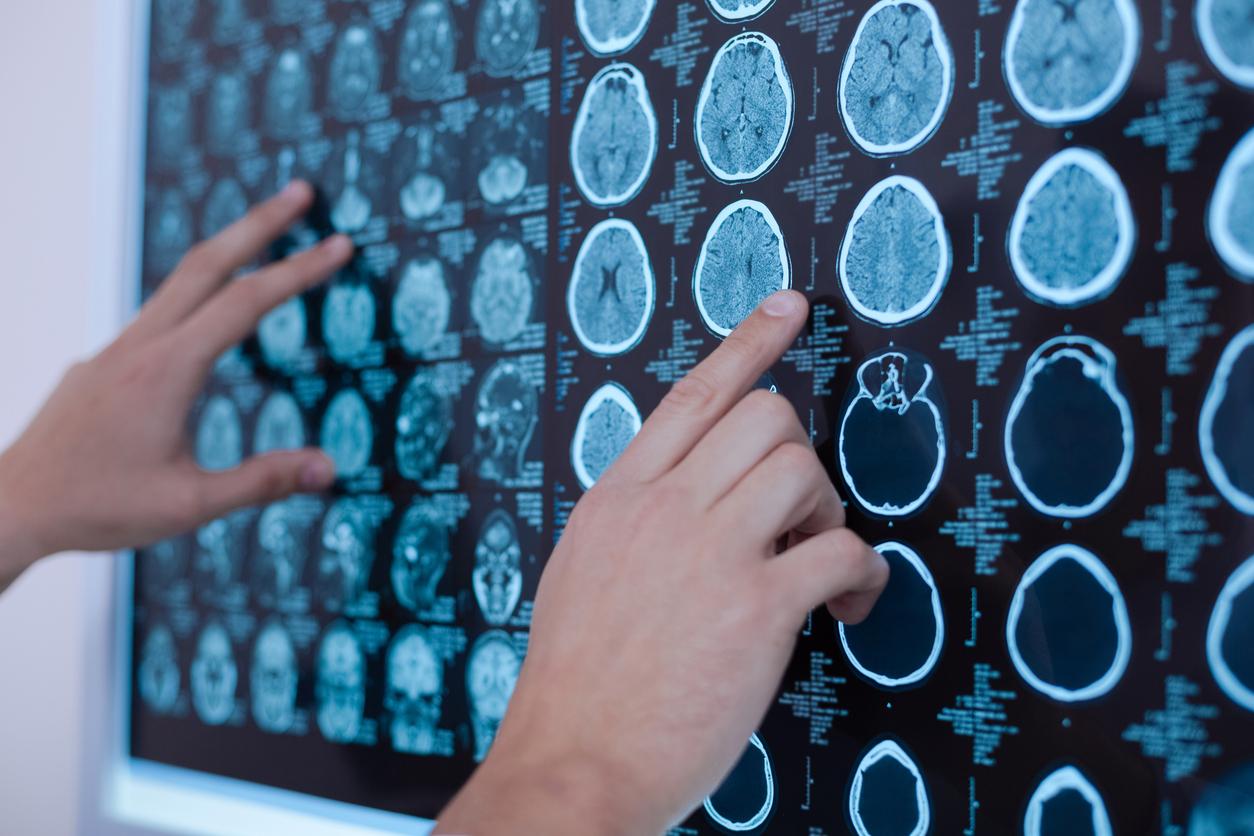An Australian team from the University of Melbourne announced, in a study published on October 28 in the scientific journal Molecular Psychiatry, that it had developed a blood test to detect Alzheimer’swith an accuracy of 91%.
It could, according to the researchers, detect the disease years before the appearance of the first symptoms.
The scientists carried out genetic tests on 100 people aged 80 on average, and analyzed their micro-RNAs, intermediates between DNA and the proteins of our body, present in the blood.
They then noted that patients suffering from Alzheimer’s disease, or susceptible to developing it, had a particular “genetic signature”, which differentiated them from the rest of the population.
One in five healthy people tested positive for this “genetic signature”, ie very likely to develop the disease.
Reassure and take charge more quickly
Conducted by brain imaging, additional studies of the brains of these at-risk patients revealed that they showed signs of cell degeneration, suggesting a very early onset of Alzheimer’s disease.
According to Dr. Lesley Cheng, co-author of the study, the blood test carried out was able to predict the disease up to five years before the onset of the first symptoms and the definitive diagnosis.
If additional studies are required to validate these results, the researcher assured that this test was 91% accurate, and could thus reassure elderly people worried about their memory loss.
People diagnosed as “at risk” could then be redirected to current screenings, which are more precise but also more invasive, based on brain imaging.
According to the authors, this test could be effective for a early detection than the one recently proposed by scientists at King’s College London, which had detected ten proteins in the blood. With 87% accuracy, the latter predicted the disease one year before the symptoms appeared.
Currently, the diagnosis of Alzheimer’s passes above all through testing neuropsychological studies on memory, elocution or location in space, a search for symptoms which is only possible once the disease has actually declared itself. If these earlier tests see the light of day, they will help fight the disease before it is even visible…

















